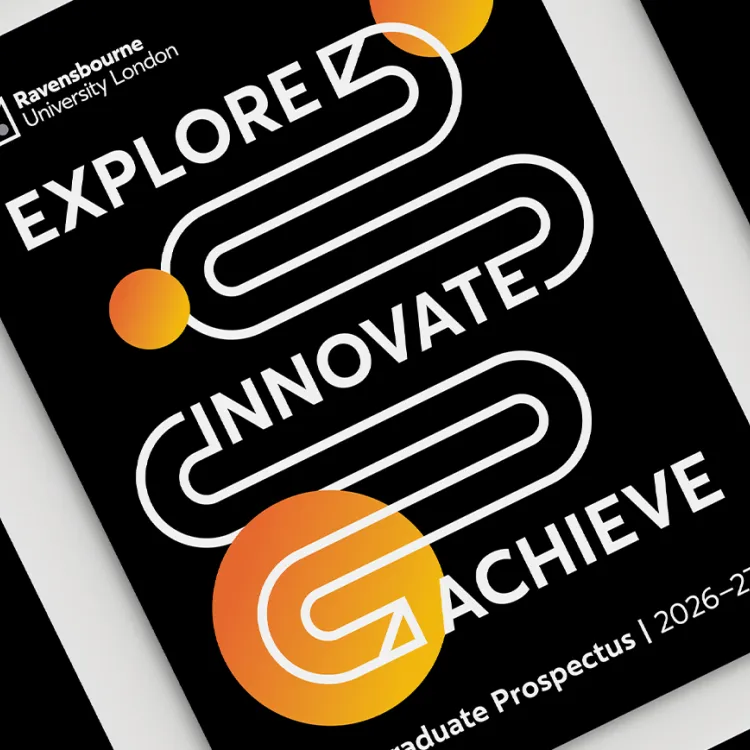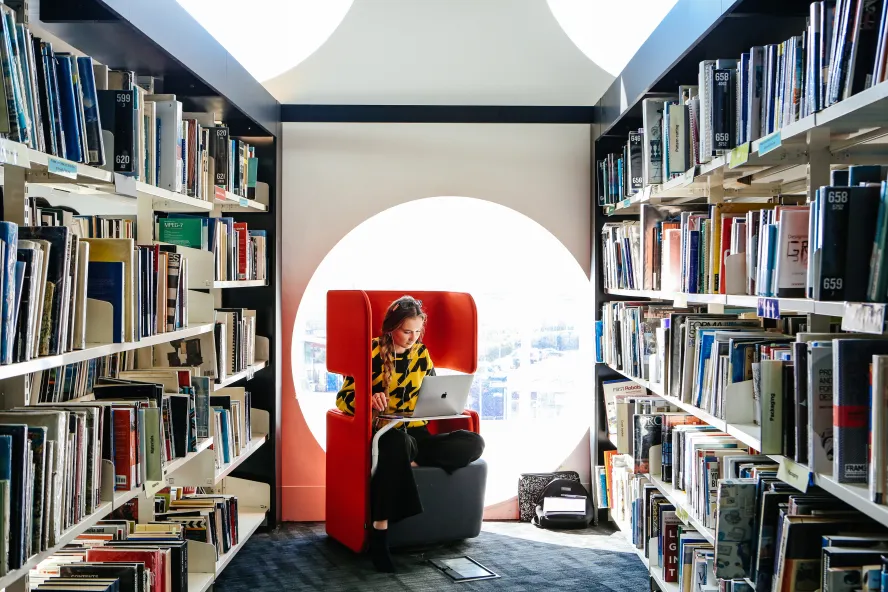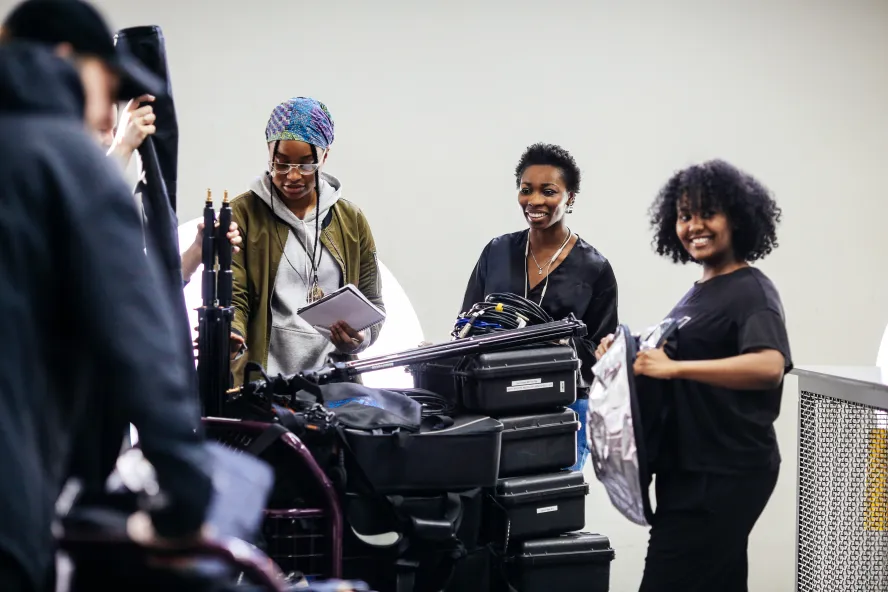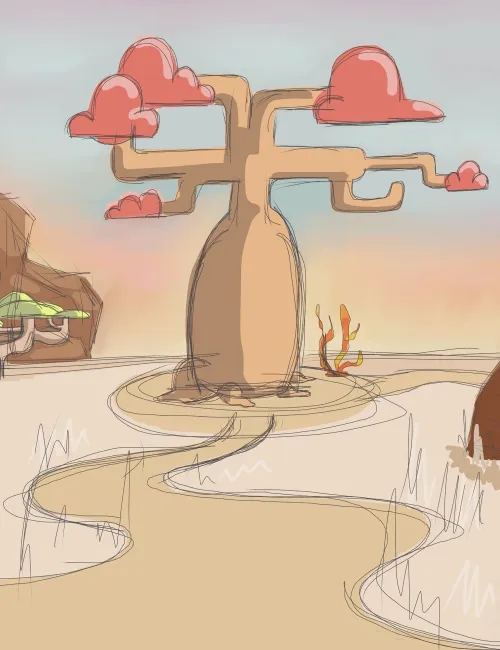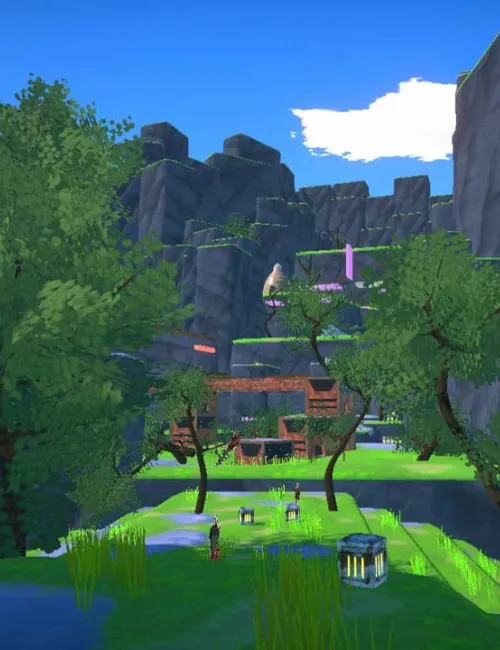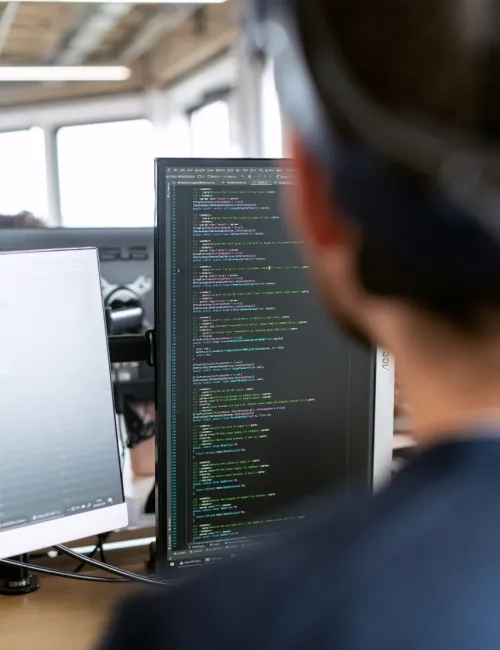Games Design
Currently reading: Fees and how to apply
This multi-disciplinary game design course will equip you with the essential skills to thrive in the fast-paced games industry. You'll work with cutting-edge technologies to develop expertise in game mechanics, player psychology, and narratives, with the flexibility to choose your own specialism.
Select a study option and apply
BA (Hons) Games Design
-
Starts:Sep 2026
-
Duration: 3 years
-
Mode:Full time
-
UCAS code:I603
-
Fees:UK: £9,790 (2026/27) International: £17,500 (2026/27)
Why study this degree?
- Master narrative design, world-building, and interactive storytelling
- Prototype game mechanics across PC, console, mobile, and XR platforms
- Prepare for careers in AAA or independent games development
- Specialise within games design to match your individual strengths
- Apply game technologies and critical design thinking to evolving development landscapes.
In this dynamic games design course in London, you'll develop core skills in three industry specialisms: world building and narrative, games and level design and technical design
In your first year you will explore various game design roles before specialising based on your strengths. A work-based learning module in year two will boost your industry awareness and networking. By graduation, you’ll have the skills to create adaptable game systems and thrive in the creative industries.
You will also learn in state-of-the-art labs with VR/AR, motion capture, and Unreal Engine/Maya workstations, build a specialised portfolio that showcases narrative depth, innovation, and polished prototypes and collaborate on live briefs with industry professionals and students from other courses.
The specifics
Course Specification - BA (Hons) Games Design
Course Specification - BA (Hons) Games Design with Integrated Foundation Year*
*Subject to revalidation
